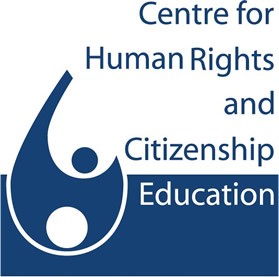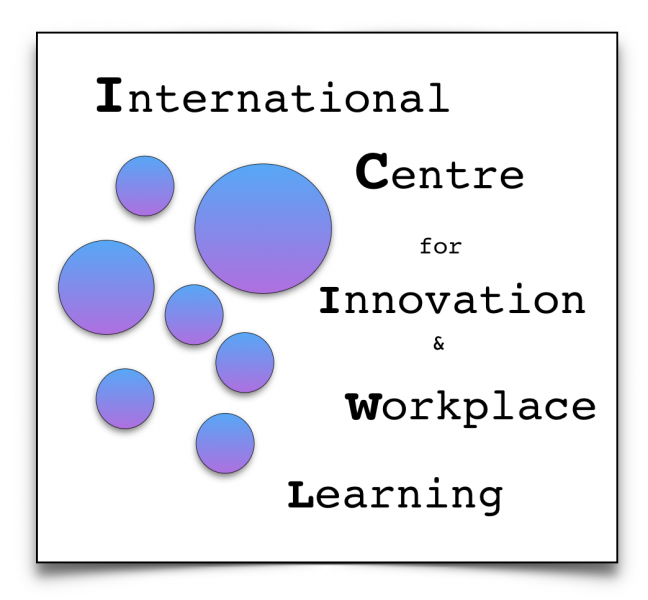
Research Centres and Groups | STEM Education, Innovation & Global Studies
Centres and Groups
 CASTeL, the Centre for the Advancement of STEM Teaching and Learning is multidisciplinary research team focused on enhancing science and mathematics education at all educational levels, supported by evidence-based research and contributing to international good practice. CASTeL members, comprising of scientists, mathematicians and educationalists from Dublin City University, lead and participate in formal and informal STEM education projects, nationally and internationally, which are focussed on inquiry based science teaching, learning and assessment.
CASTeL, the Centre for the Advancement of STEM Teaching and Learning is multidisciplinary research team focused on enhancing science and mathematics education at all educational levels, supported by evidence-based research and contributing to international good practice. CASTeL members, comprising of scientists, mathematicians and educationalists from Dublin City University, lead and participate in formal and informal STEM education projects, nationally and internationally, which are focussed on inquiry based science teaching, learning and assessment.
 The CHRCE is a dedicated centre for professional development and research on education for human rights, citizenship and democracy in schools.
The CHRCE is a dedicated centre for professional development and research on education for human rights, citizenship and democracy in schools.
Our aims
To develop and disseminate examples of excellence in human rights and citizenship education
To support discussion and critique of relevant policy
To serve as a focal point for the creation, evaluation, exchange and dissemination of information and resources
Our approach
The Centre is interdisciplinary in its approach and supports research into citizenship and human rights education across the primary, second and third level education sectors.
The Centre is committed to developing a democratic, participative, and inclusive approach to education, based on the principles of freedom, equality, global justice and peace.
The Centre promotes the full participation of children in education and undertakes to ensure that the voices of children are heard and reflected in its work.
Our work
The Centre supports the integration of human rights content and approaches in teacher education courses, particularly in St. Patrick’s College, Drumcondra. It aims to work with and support schools, as model communities, in building a culture of respect for human rights, for diversity and for the environment.
CHRCE Chair: Fionnuala Waldron
 ICIWL - The Centre seeks to collaborate with and empower practitioner-researchers in making explicit their implicit knowledge and strives to encourage actions based upon wise and considered practice. It aims to explore the enabling capacity of digital technologies through the fostering of a reflective and entrepreneurial approach in practitioner researchers. It is interested in the innovative use of technologies in a range of workplace contexts, including development education. Action research and participatory research approaches are promoted in order to support personal and professional change and organisational development.
ICIWL - The Centre seeks to collaborate with and empower practitioner-researchers in making explicit their implicit knowledge and strives to encourage actions based upon wise and considered practice. It aims to explore the enabling capacity of digital technologies through the fostering of a reflective and entrepreneurial approach in practitioner researchers. It is interested in the innovative use of technologies in a range of workplace contexts, including development education. Action research and participatory research approaches are promoted in order to support personal and professional change and organisational development.
Contact: Dr Margaret Farren and Dr Yvonne Crotty
The DCU LEGO Education Innovation Studio is a dedicated interactive learning hub on St Patrick’s Campus, Drumcondra, which will help DCU student teachers as well as practising teachers in Irish schools develop innovative and creative approaches to teaching STEM (science, technology, engineering and maths) subjects in the classroom.
![]() The United Nations University (UNU) acknowledged the Regional Centre of Expertise in Education for Sustainable Development for the greater Dublin area (RCE Dublin on ESD) in March 2013. RCE Dublin is coordinated by DCU. The Director of RCE Dublin is Dr Charlotte Holland. RCE Dublin has six projects that will be implemented in the greater Dublin area from 2014-2018:
The United Nations University (UNU) acknowledged the Regional Centre of Expertise in Education for Sustainable Development for the greater Dublin area (RCE Dublin on ESD) in March 2013. RCE Dublin is coordinated by DCU. The Director of RCE Dublin is Dr Charlotte Holland. RCE Dublin has six projects that will be implemented in the greater Dublin area from 2014-2018:
- Project 1 is ‘Green Teen Transitions’, which aims to enable youth transitions towards further education and/ or employment, through the use of a blended online model of learning and an internship programme.
- Project 2 centres on a schools’ competition within the theme of ‘What-if: Disaster Mitigation’, making use of social media in a problem-based learning context.
- Project 3 creatively examines urban sustainability through the lens of Irish literature, and uses ‘World Café’ style forums to ‘crowd-source’ solutions to sustainability issues.
- Project 4 uses innovative means, such as foraging competitions, to help map indigenous horticultural practices that support bio-diversity, sustainable consumption and eco-management within the built environment. Project 5 and Project 6 involve the design, delivery and evaluation of two blended online course within the themes of Ethical Sustainability and the Earth Charter for students within primary, post-primary and higher education.
These projects centre on the promotion of authentic and transformative learning experiences, with action projects that enable change agency towards sustainability within the RCE Dublin region
Research Collaborations
Staff from the School of STEM Education, Innovation and Global Studies are engaged in research activites with other DCU partners:
The National Institute for Digital Learning (NIDL) aims to be a world leader at the forefront of designing, implementing and evaluating contemporary models of digital, blended and online learning. We have a mission of transforming lives and societies through listening, linking and leading for a better future. The NIDL is committed to providing strategic leadership, building strong communities of practice, and enabling and contributing toworld-class research. We support a comprehensive suite of professional development opportunities in digital, blended and online learning from workshops to advanced postgraduate and doctoral study. Additionally the NIDL is committed to promoting access to university-level online degrees and qualifications through DCU Connected and a suite of free online short courses through Ireland's Open Learning Academy wherever you live. We have particular expertise in the research-informed design of high quality courses for digital, blended and online learning. Our staff are highly regarded for their research expertise, postgraduate supervision and practical experience in the schooling and higher education sectors, and play major leadership roles in leading publications and national and international professional bodies.
The drive for DCU Water Institute reflects the population increase and economic growth the globe has seen over the past years, and our changing water needs. Our goals are to improve and enhance basic knowledge of phyiscal, chemical, biological and chemical processes in aquatic systems. We will develop and promote methodologies for water management and inform policy based on a foundation of science, engineering and computing technologies.
